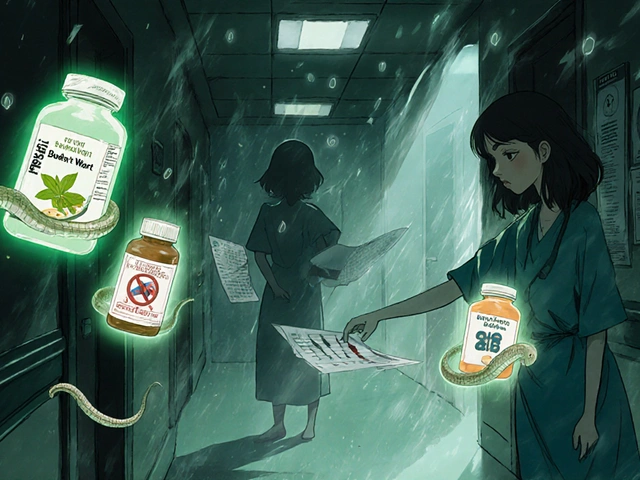When you take a pain reliever like ibuprofen or naproxen, you’re using a type of NSAID, nonsteroidal anti-inflammatory drugs used to reduce pain, swelling, and fever. Also known as non-narcotic painkillers, these drugs are everywhere—from over-the-counter bottles to prescriptions for arthritis. But while they help with aches, they can quietly damage your kidneys, organs that filter waste and regulate fluid balance in your body, especially if you use them long-term or already have health problems.
NSAIDs work by blocking enzymes that cause inflammation, but those same enzymes help keep blood flowing to your kidneys. When that flow drops, your kidneys can’t do their job properly. This isn’t just a theory—it’s something doctors see in real patients. People with high blood pressure, diabetes, or heart failure are at higher risk. Even healthy adults who take high doses for weeks or months can develop reduced kidney function. It’s not always obvious. No sharp pain. No sudden symptoms. Just a slow decline you might not notice until it’s serious.
Some people think that because NSAIDs are sold without a prescription, they’re harmless. But that’s not true. A 2021 study in the Journal of the American Society of Nephrology found that regular NSAID users had a 25% higher chance of developing chronic kidney disease over five years compared to non-users. And it gets worse if you’re older, dehydrated, or taking other meds like diuretics or blood pressure pills. These drugs don’t just sit there—they interact. For example, combining NSAIDs with ACE inhibitors can double the risk of kidney injury. That’s why it’s not just about how much you take, but who you are and what else you’re using.
There’s no magic number that says "safe" or "dangerous." One person can take Advil for a week and be fine. Another might develop kidney trouble after just a few days. That’s why it’s not about avoiding NSAIDs entirely—it’s about using them wisely. Know your risk. Check with your doctor if you have any chronic condition. Don’t use them for more than 10 days without talking to someone. And if you’re on other meds, ask if NSAIDs could make things worse.
Below, you’ll find real, practical guides from people who’ve dealt with these risks firsthand. You’ll see how NSAID kidney side effects show up in patients with diabetes, how they interact with blood pressure drugs, and why comorbidities make the danger worse. These aren’t theoretical warnings—they’re stories from real health situations. Whether you’re managing arthritis, recovering from an injury, or just popping pills for headaches, this collection gives you the facts you need to protect your kidneys before it’s too late.
Acute interstitial nephritis is a drug-triggered kidney inflammation that often goes undiagnosed. Learn which medications cause it, how it's diagnosed, and why early action is critical for recovery.

